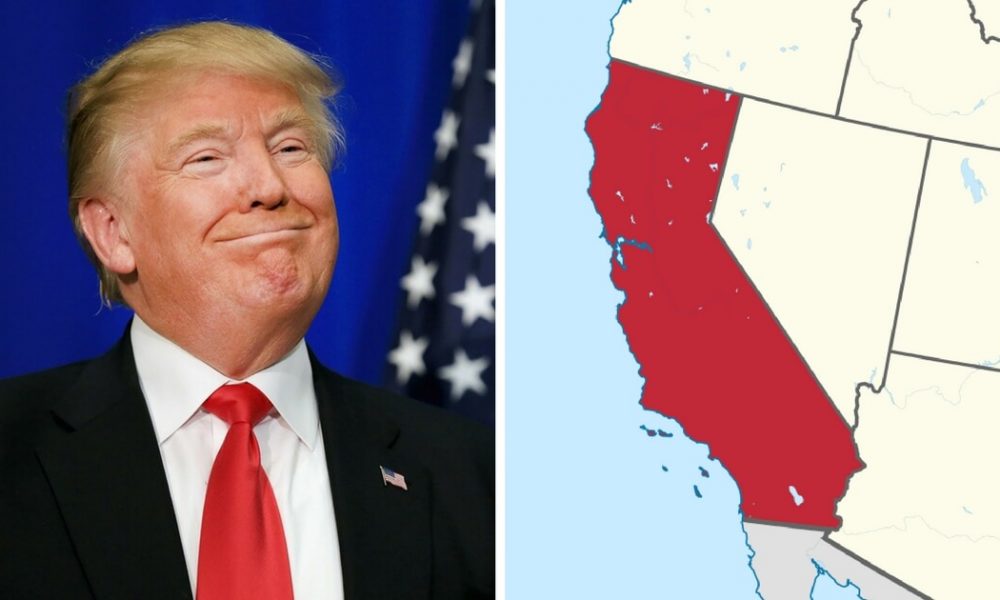Opinion| It looks as if President Donald Trump and his administration have run out of patience and are finished trying to calmly negotiate with the radicals in the state of California.
They have now decided to move on with their strategy of revoking the state of their ability to enforce more intense fuel efficiency standards.
“At this point, we have to move to finalize,” stated Andrew Wheeler, head of the Environmental Protection Agency (EPA), during an interview on Monday with the Washington Examiner. He continued, “We don’t have time to move to reopen [negotiations]. We tried to work with California, but we were just not able to. In California, politics was playing the bigger hand than the policy.”
The Daily Caller reports:
The EPA will introduce its final proposal sometime this spring that strips a waiver California and other states have long used to set tougher vehicle emission standards than the federal government, forcing every state in the U.S. to comply with the same rules.
The move to revoke California of its waiver comes as the Trump administration is also looking to freeze Obama-era efficiency rules meant to cut carbon emissions from the transportation industry. The EPA, along with the National Highway Traffic Safety Administration, is finalizing a proposal to freeze vehicle efficiency standards for cars and light trucks, in lieu of raising them annually.
The White House argues the Obama-era rules render new cars too expensive, and would prompt consumers to rely on older models that are less safe and not as environmentally friendly.
According to the Daily Caller, in August, the Trump White House announced for the first time that they would be proposing shifting fuel economy standards to 37 miles per gallon in the year 2020. It was estimated by the Department of Transportation and the EPA that $500 billion would be saved in societal costs due to the freeze. They also predicted that roughly 1,000 traffic fatalities per year could be prevented.
Trump’s White House and the state of California got into quite a scuffle regarding the initial proposal. The state previously had the authority to set stricter standards than the federal government did.
The Daily Caller reports, “California officials and the Trump administration attempted to reach a compromise, but negotiations ended on February 21.”
“California didn’t really give us a legitimate counteroffer,” Wheeler stated. “They promised it after a couple weeks of our proposal, and we waited over 12 weeks before we got an answer. The answer we got really isn’t credible.”











